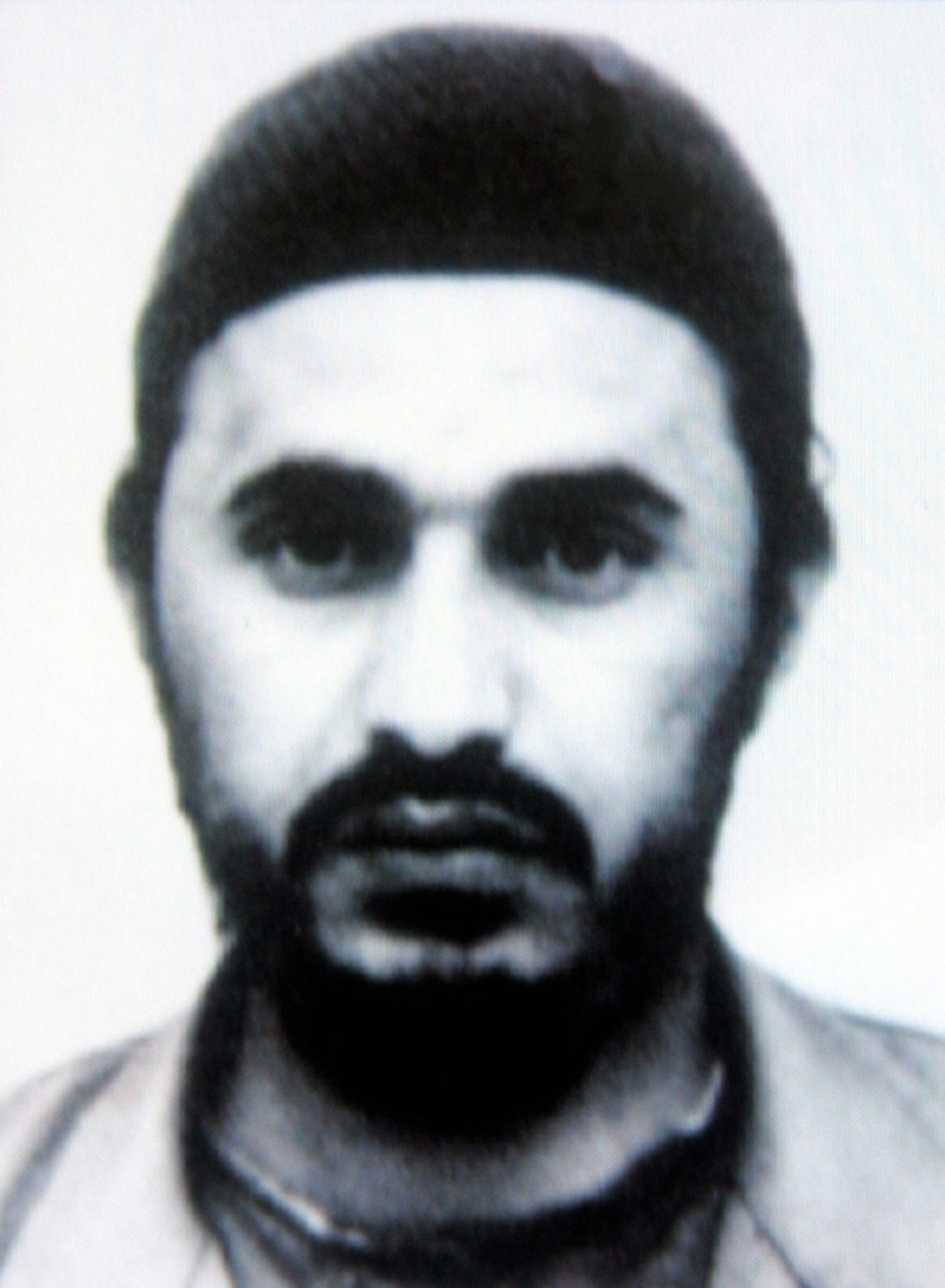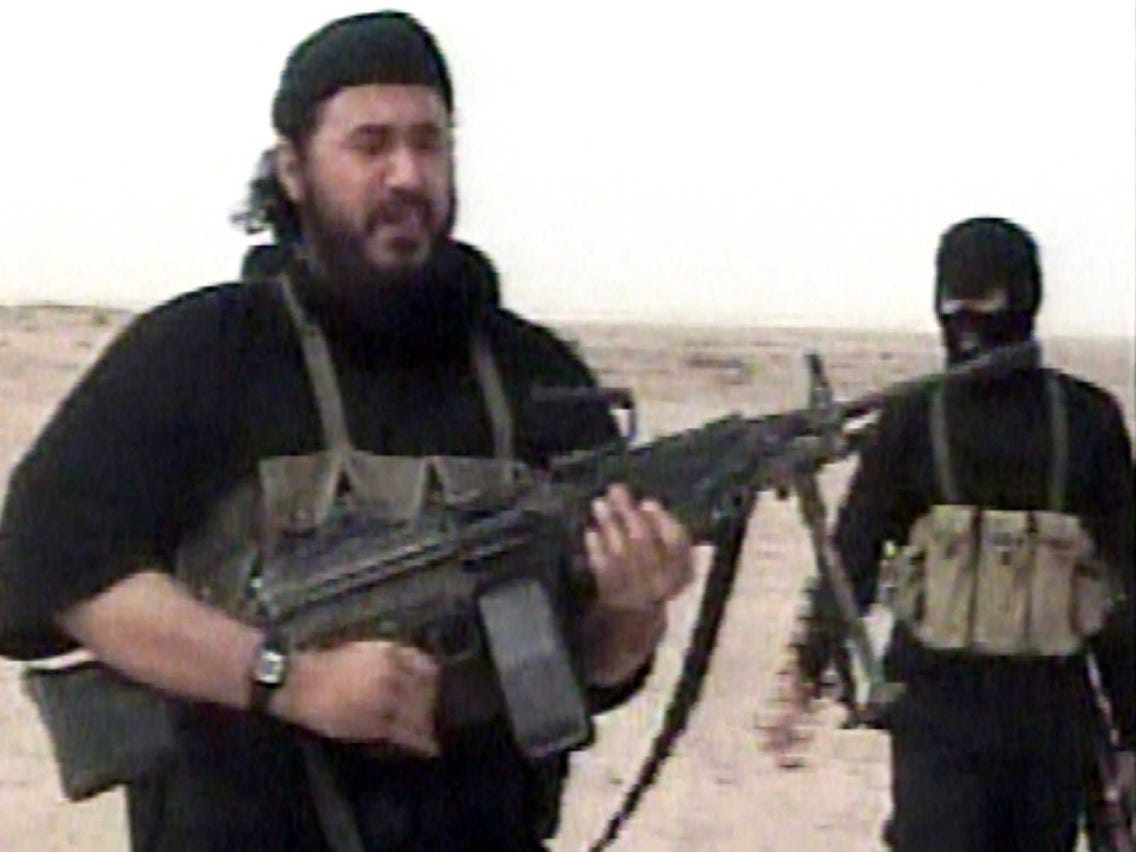
The Green Man, Pt. I
BY GABRIEL FANELLI
Holding a rusty razor blade in a dirty Jordanian prison cell, he gritted his teeth and began to remove his tattoos. The bleach didn’t work, so this would have to do. No anesthesia. If the former drug dealing, petty thieving pimp wanted to be taken seriously by the true jihadists, he had to remove the outward representations of his old, sinful life. His tattoos had earned him the nickname The Green Man, but sitting inside the brutal Al-Jafr prison, he was having a come to Allah moment. Known for his extreme allegiance to violence, Ahmed Fadeel al-Nazal al-Khalailah – aka Abu Musab al-Zarqawi – would soon find himself out of the prison chow line and into Iraq orchestrating car bombings, beheadings and inciting the Sunni-Shia civil war.
In stark contrast to the university educated and wealthy Osama Bin Laden, whom he would soon be linked to, Zarqawi was an uneducated Bedouin from an unknown family in Jordan’s third largest city – Zarqa. Over 80 percent of Zarqa residents are Palestinian, and many of the men of Zarqawi’s generation are veterans of the Soviet-Afghan War. So many in fact, that you could call his neighborhood “Little Afghanistan.” Walking around in the traditional Afghan shalwar kameez, these men cut their teeth fighting the Russians and were very proud of their service. Despite its industrial infrastructure, Zarqa’s main export was jihad. After being fired from a video store and in and out of police custody he turned to illicit activities to make a living.
He had four children with his fist wife, all of whom he spirited across the border to Iraq a short time before his death in 2006. His brother-in-law from his second wife, Salah al-Hami, met Zarqawi in Afghanistan in 1989. Zarqawi had missed the bulk of the fighting, so he never got to take up arms against the Russians. Instead, he tried his hand at journalism for a pro jihad outlet that covered war stories called Al-Bunian Al- Marsous or the Solid Structure. This namesake comes from a verse in the Quran which says, “Truly Allah loves those who fight in His Cause in battle array, as if they were a solid cemented structure.” A fellow journalist himself, al-Hami wrote for another publication, Al-Jihad – the official publication of the Mujihadeen in Peshawar. It wasn’t until al-Hami lost his leg from a landmine that he got to know Zarqawi on a more personal level while he spent time with him in the hospital. Salah describes Zarqawi as sensitive, caring, gentle, emotional – not to mention compassionate and merciful. “If something touches him, he weeps, he is emotionally simple, but he is vengeful.” The duality of the Green Man. It is quite possible that Zarqawi learned the power of the written word having been on the receiving end of editorials written in the Al-Jafr prison magazine. Yousef Rababba, a man who ran the paper, says they would write bad things about him. In return Zarqawi would attack them with the only thing he had at the time, his fists.
Zarqawi returned to Jordan in 1992 and joined the Islamist group Bayaat Al-Imam, or Loyalty to the Imam. A year later Jordanian authorities arrested him when they discovered an abundant weapons cache in his home. His defense in court was that he simply found the weapons walking down the street one day. Despite his brief stint as a war journalist, he still didn’t quite have a way with words. His paper-thin defense landed him in Swaqa prison in 1993 where he stayed until 1999. He was housed with numerous political prisoners and spent his days attempting to memorize the Quran. He transformed his physique with a crude jailhouse gym he set up using bed frames as bars with empty olive oil cans filled with rocks to act as a barbell. As his stature grew, it only aided his violent reputation in commanding respect among the prisoners. By the time he gave his life over to Islam and bodybuilding, his rap sheet had 37 offenses on it.
In his zealously he began to excoriate his fellow inmates if they read anything other than the Quran. He once sent a threatening note to a cell mate for reading Crime and Punishment. Though he attempted to portray himself as a serious figure, the inmate laughed at the note full of misspelled Arabic words which looked as if a child wrote it.
To the rest of Swaqa prison though, he became the de facto warden. Despite his position amongst the prisoners, he was kept in solitary confinement for nearly a year, and tortured numerous times. He lost his toenails due to infection from the brutal torture sessions suggesting they were removed one by one.
It is customary in Jordan to grant amnesty for political prisoners upon the death of a king. When King Hussein bin Talal died in 1999, the world mourned the loss of a great leader in the Arab world. For Zarqawi, this meant a life of freedom outside a prison cell. His prison experience had taken his newfound religion and radicalized him to the point that whatever normal life he hoped for after being released was replaced by a desire to cleanse the world with the blood of the apostates.









